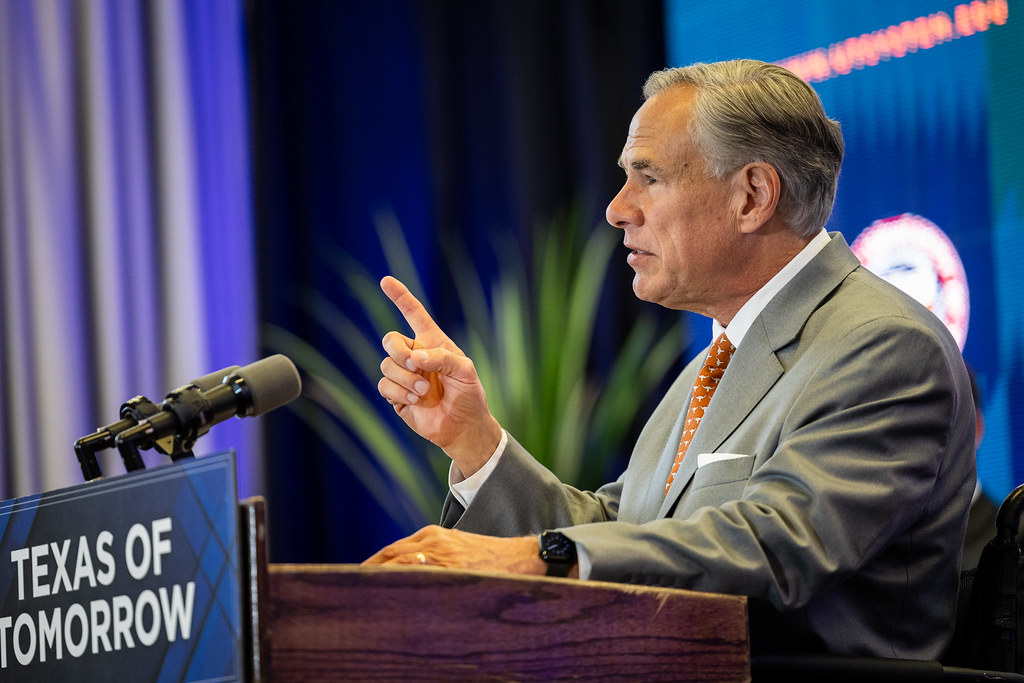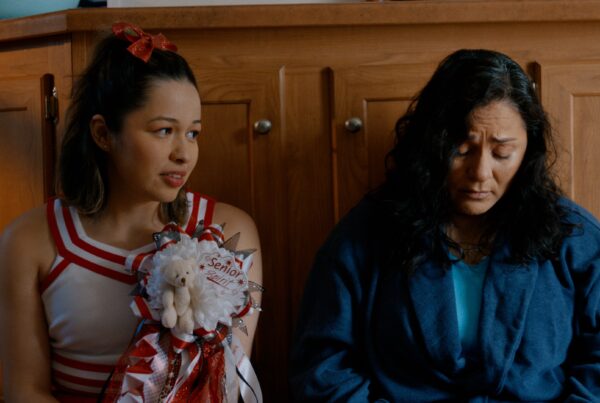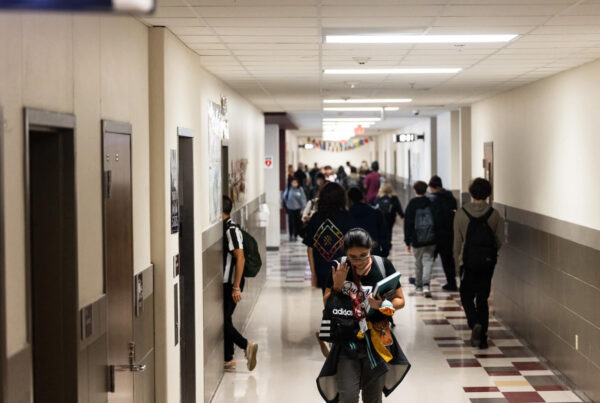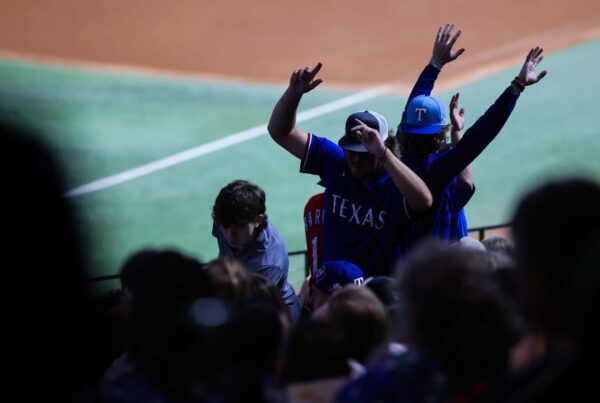The clock is ticking toward the end of the third special legislative session this year, and Gov. Greg Abbott and the Texas House are at an impasse over school vouchers.
Despite spending months trying to lock in support for education savings accounts, a program that would allow families to use taxpayer money to send their children to private schools and pay for other educational expenses, Abbott so far has failed to convince the coalition of House members who oppose the idea.
Abbott has he would consider increased funding for public schools — including raising teacher pay — but only after lawmakers send him a standalone voucher bill.
Scott Braddock, the editor of the Quorum Report, said by his estimation it does not appear Abbott has convinced many hesitant Republicans to support his proposal.
“If I’m charitable to him, he’s probably about 15 to 20 votes short of being able to pass a school voucher program through the Texas House,” Braddock said. “[That’s] about where the numbers were back in January and February. He just hasn’t moved the needle at all on this, even though he’s been campaigning on it ever since he won his reelection.”
Braddock said the sticking point remains with representatives in rural districts.
“For those folks who are from small towns and counties around the state … you have the top employer in their areas under assault, really. And school finance in Texas is very difficult to understand,” he said. “The way we do school finance in Texas is that the Legislature would pass something, school districts would sue, wash, rinse, repeat.
“And the bottom line is that there’s never enough money for public education because we have such a growing population of 5.6 million kids or so in the public school system. The easy way to think about it is this: If there’s less money in it, then there’s less money in it.”
» FROM KUT: Rural schools say they feel left behind as governor pushes for vouchers
Schools receive funding per student, Braddock said, so any child who takes state funding to a private school means less in the budget for the public school in that area.
“This is most acutely felt in these districts that have a small population of kids. If they lose any kids from their rolls, then they would lose a proportion of funding,” he said. “And that would be very damaging for folks. And there are 24 Republicans, mostly from rural areas, who started wearing lapel pins during the session that just had the number 24 on them. And that’s because those are the 24 not just no’s, but hell no’s on school vouchers.”
The House recently put forward a compromise bill that would create a more limited voucher program and increase funding for public schools, but Abbott said that does not work for him.
“The governor doesn’t like the House version mainly because it puts school finance and school vouchers in the same bill, which, by the way, is the same thing that the Senate did earlier this year,” Braddock said. “I’m not sure why the governor is moving the goalposts on this. Earlier this year, the governor had said that he wanted to see a proposal that put both things in the same piece of legislation. And so he’s sending mixed signals about exactly what he wants here.”
» GET MORE NEWS FROM AROUND THE STATE: Sign up for Texas Standard’s weekly newsletters
Abbott has already said he will call a fourth special session to continue work on education savings accounts.
“In a way, he already has admitted that he’s not going to get this. Earlier this year, he did say that he would call multiple special sessions and he would campaign coming up next spring against Republicans who were against his proposal,” Braddock said. “Just saying that he’s going to take this into campaigns and to basically threaten Republicans with retribution politically in the Republican primaries, that’s an acknowledgment that he knows and his team knows that they’re still nowhere close to passing this in the Texas House. So this is really putting the politics in front of the policy.”














